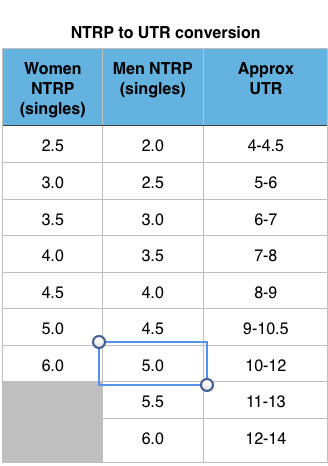pabletion
Hall of Fame
I find it fascinating, ESPECIALLY bc, living outside of the US, I'm really out of the famous (or infamous) NTRP, I could only "guesstimate" and we all know that is hardly objective (or even impossible!).
So, I'm really excited about the possibility to have a REAL tennis level rating, solely based on RESULTS, not speculations or self-rating, and of being able to play matches, whenever we can all finally travel, with other UTR rated players and upload results, and feed my rating.
I really hope it grows, and somehow it can be linked to ITF and make it more of a global issue,. I'm in a whatsapp group of about 50 tennis players and we used to try and make our own tournaments & rankings, and Im sure its gonna be awesome doing it all through the platform....
Is it catching on in the US??????
So, I'm really excited about the possibility to have a REAL tennis level rating, solely based on RESULTS, not speculations or self-rating, and of being able to play matches, whenever we can all finally travel, with other UTR rated players and upload results, and feed my rating.
I really hope it grows, and somehow it can be linked to ITF and make it more of a global issue,. I'm in a whatsapp group of about 50 tennis players and we used to try and make our own tournaments & rankings, and Im sure its gonna be awesome doing it all through the platform....
Is it catching on in the US??????

